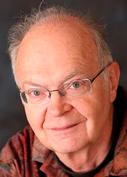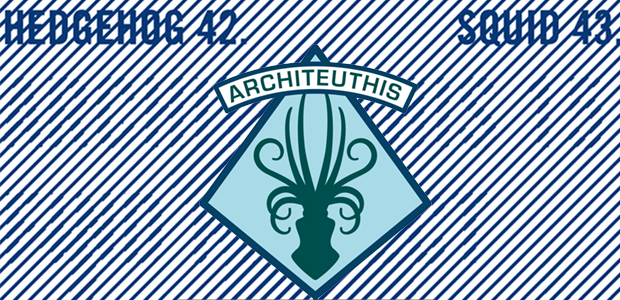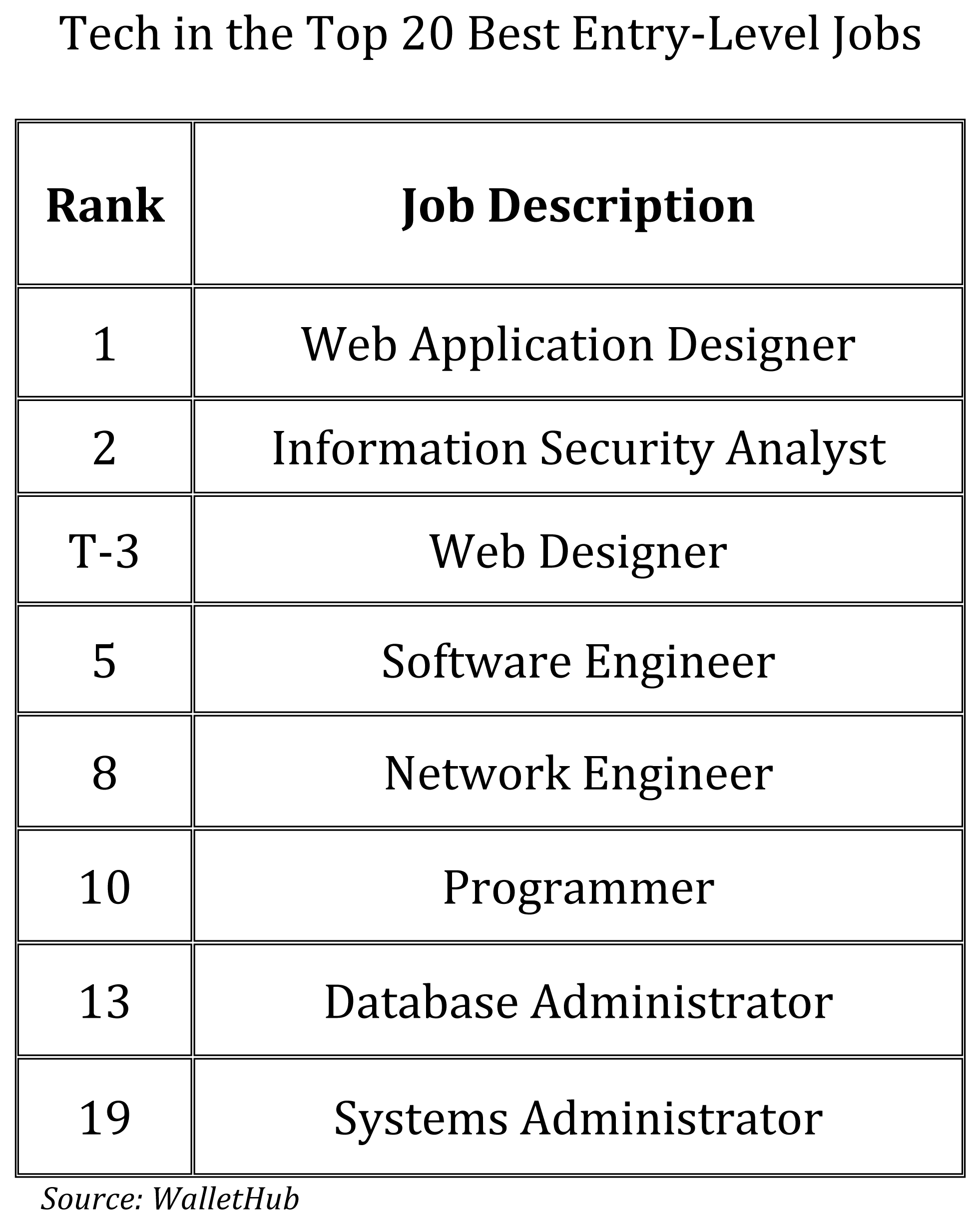Donald Ervin Knuth is Professor Emeritus at Stanford University. He received the 1974 ACM A.M. Turing Award for his major contributions to the analysis of algorithms and the design of programming languages, and in particular for his contributions to the “art of computer programming” through his series of well-known books. The collections of technique, algorithms, and relevant theory in these books have served as a focal point for developing curricula and as an organizing influence on computer science. A perfectionist, Knuth is also known for his contributions to typesetting, developing the TeX typesetting engine in the 1970s with Stanford students and colleagues in response to what he saw as inferior computerized typesetting of his published books at the time. He holds BS (and honorary MS) degrees in Mathematics from Case Institute of Technology, and a PhD in Mathematics from the California Institute of Technology. He has been professor of Computer Science at Stanford since 1968. Throughout his career, Knuth has published extensively in a variety of technical areas, including computer languages, analysis of algorithms, and literate programming.
honorary MS) degrees in Mathematics from Case Institute of Technology, and a PhD in Mathematics from the California Institute of Technology. He has been professor of Computer Science at Stanford since 1968. Throughout his career, Knuth has published extensively in a variety of technical areas, including computer languages, analysis of algorithms, and literate programming.
When I was visiting Stanford in 2012, I managed to take a photo of Knuth’s office door, but, alas, the great man was not inside 🙂
via Thursday, June 5, 2014: People of ACM: Donald Knuth — Association for Computing Machinery.



